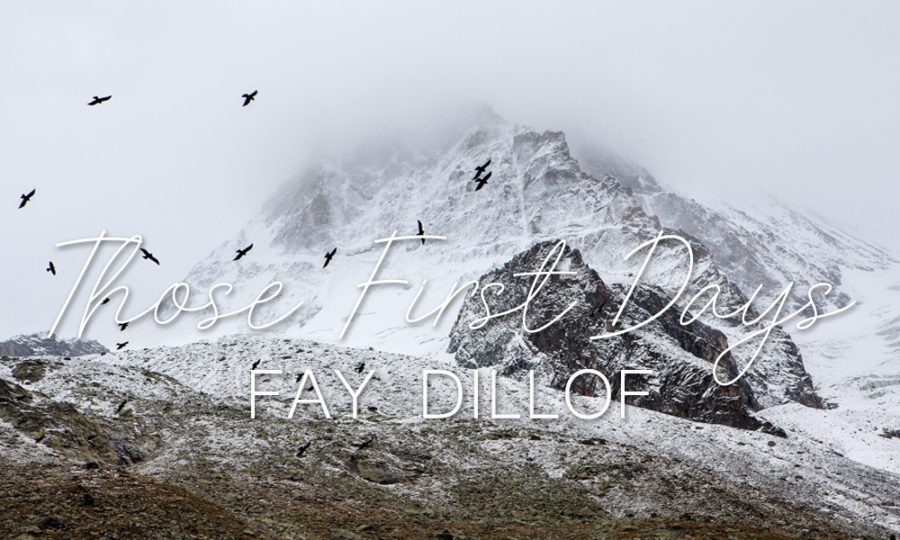Sarah Stone: So many of these stories center around family configurations, especially, though not only, dyads: mother/daughter, daughter/mother, siblings, couples, spouses. There are so many beautiful passages of the characters observing each other, reflecting on each other. Here’s a moment from “Daylilies”: “When she visited her mother last, she stood in the shadows at the door of the den and watched her mother sleep, the dream gently waving through her body, fluttering her fingers near her face. In the close room, a tart odor pervaded like an opaque mist, as if she were standing in her own backyard next to the lime tree, enveloped in the morning fog./ Please put off dying until I no longer disappoint you, she thought. Her mother’s blue eyes opened, and her mother looked at her the way little girls do when you tell them the truth.” How do you complicate and layer the characters and relationships in these dyads?
Peg Alford Pursell: Thanks so much, Sarah. When it comes to characters and the very short story, flash, it’s difficult to have many characters. There’s not enough space, generally speaking, to develop characters in 500 words or less. It only takes two characters to produce sufficient dramatic tension or conflict. When it comes to the use of family configurations, Flannery O’Connor said that anyone who’s survived beyond the age of twelve has enough fictional material for the rest of her life. Likewise, it doesn’t take long before we understand that people, family members, have an exterior and an interior, as we do ourselves. With all the complications inherent in our human makeup, the miracle is that we manage to somehow get along in our family systems, which I attribute to biological imperatives. Where does love come from, really? What is its primal nature, it’s purpose? Our first experiences with love, to varying degrees, is maternal, even if only pre-birth, so there’s an endless fount of source material in that dyad of mother and child. I’m probably most interested in mother/daughter since it’s what I know best, and it’s not as easy for me to inhabit a male’s perspective, although that doesn’t prevent me from trying. When writing, I inhabit my characters, with their contradictory ideas of the world, desires, situations, “lives lived” off the page. Usually that part comes easily to me, though if a story gives me trouble—doesn’t quite work—I can often trace the issue to a need to more completely immerse myself in a character’s interiority and behaviors.
[… continue reading at Full Stop.]











